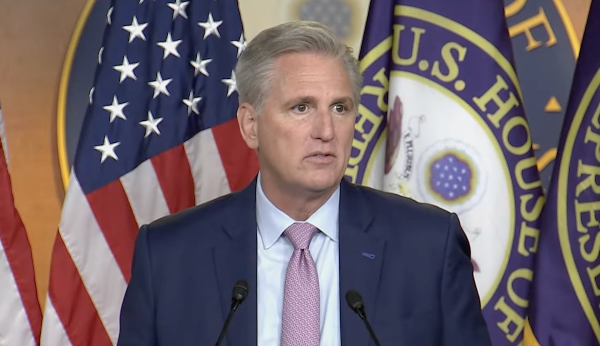Bank of America de-banks conservative Christian charity that serves impoverished Ugandans
08/28/2023 / By Ethan Huff

More controversy has erupted in the banking sector after Bank of America reportedly “de-banked” an ultra-right-wing Christian charity based out of Tennessee.
Indigenous Advance Ministries (IAM), a Memphis-based non-profit organization that provides necessities to Ugandan orphans, reportedly lost it bank account at Bank of America, despite maintaining a business relationship since 2015.
The group touts pro-life and anti-LGBT messaging on its website, which is believed to be the impetus behind its targeting by Bank of America. IAM has since filed a complaint with the Tennessee Attorney General’s office over concerns its bank account was shuttered because Bank of America disagrees with its “religious views.”
According to Bank of America, IAM’s religious views have nothing to do with why its account was closed. In a statement to the DailyMail Online (United Kingdom), Bank of America said that “religious beliefs are not a factor in any account-closing decision.”
Precisely why Bank of America made the decision remains unknown, though. And campaigners are demanding greater transparency in cases such as this that would force banks to provide valid reasoning for closing a customer’s account.
(Related: In Great Britain, banks that de-bank customers because of their political views could lose their banking licenses.)
De-banking is on the rise as punishment for wrong-think and wrong-belief
The news comes after multiple other large banks, including JPMorgan Chase, Coutts, and NatWest, were all caught de-banking certain customers based on their religious and / or political beliefs.
It would seem as though de-banking is the latest tactic being used by leftists to try to stamp out conservatives and Christians. Limiting another’s access to money is, it turns out, one of the most powerful methods of silencing one’s opposition.
Formerly known as World Shine USA, IAM had opened a new business checking account with Bank of America back in January right before applying for two credit cards. Several months later on April 24, Bank of America sent IAM a letter notifying it that its various accounts were going to be closed within 30 days.
Numerous associated Bank of America accounts belonging to a partner entity called the Indigenous Advance Customer Center, as well as to a church operating under the same address called Servants of Christ Community dba University House of Prayer, were also shuttered.
Representatives from IAM claim they “repeatedly” asked Bank of America for some kind of explanation about the closure, only to receive silence in response. Then, on May 24, the organization was finally sent a letter from the bank stating that its “risk profile no longer aligns with the bank’s risk tolerance.”
At the time of receiving this letter, IAM had $270,000 in its deposit account, which is slightly above the FDIC (Federal Deposit Insurance Corporation) threshold of $250,000 per account.
Under the “Core Beliefs” tab of IAM’s website, a variety of evangelical Christian views are presented, including the statement that “all human life is sacred … from conception to natural death.”
The website also advocates for “marriage between one man and one woman,” calling this “the only proper context for sexual relations.”
In its letter to the Attorney General’s office, IAM board members Steve Happ and Bob Phillips stated that:
“Being forced to transition so quickly caused a great deal of trouble for us. It also disrupted our mission to Uganda in June and we were temporarily unable to pay salaries in Uganda. And we were left very confused.”
“Our mission and work, supporting Ugandan children and families through indigenous Ugandan Ministries, has remained the same since we were founded and first opened our accounts with Bank of America.”
Corporate fascism is on the rise. Learn more at Fascism.news.
Sources for this article include:
Submit a correction >>
Tagged Under:
Bank of America, biased, charity, Christianity, debanking, deception, discrimination, fascism, finance, groupthink, Indigenous Advance Ministries, left cult, Liberty, money, money supply, outrage, Uganda
This article may contain statements that reflect the opinion of the author




















